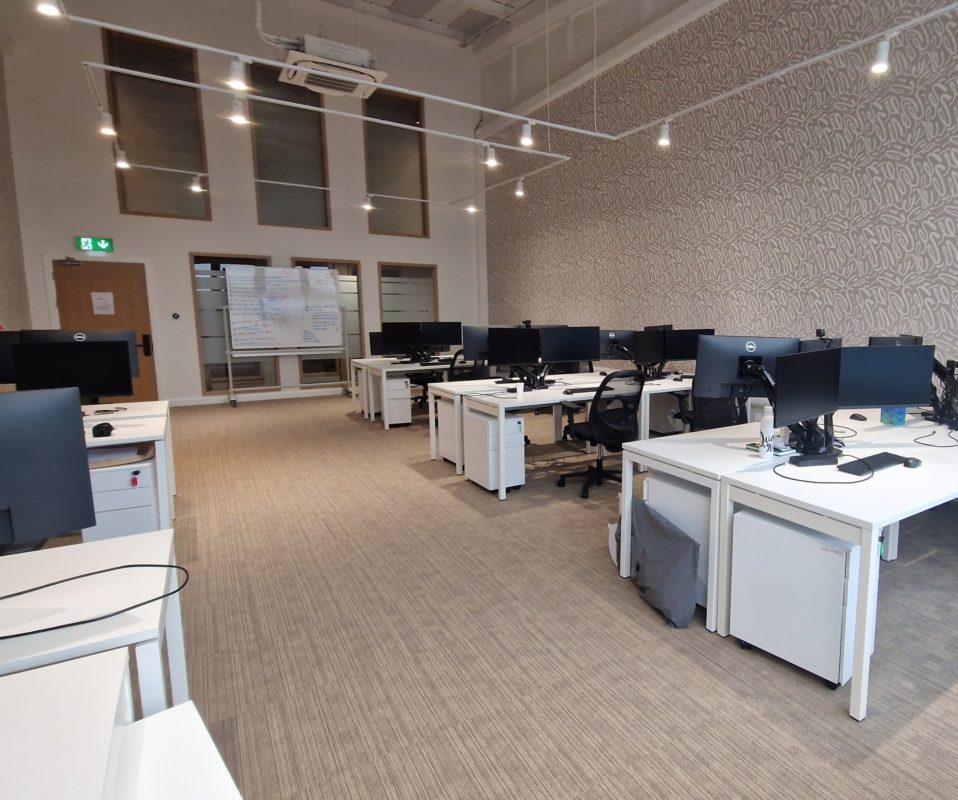A well established company, recently redefined its approach to the workspace, implementing a hybrid work model that respects employees’ diverse needs and lifestyles. With this flexible setup, employees have the option to alternate between remote and onsite work, creating a culture that prioritizes individual preferences and work-life balance.
The Challenge: Adapting to Evolving Employee Preferences
Committed to employee retention and well-being, the company recognized a shift in workforce expectations toward flexible work arrangements. To understand these preferences, the Human Resources department conducted a comprehensive survey, revealing that 90% of employees favored a Work From Home (WFH) model. However, a significant portion expressed interest in a hybrid approach, combining remote work with in-office collaboration. This presented a challenge: how to accommodate diverse work preferences while optimizing office space and fostering a cohesive company culture.
The Solution: Partnering with Workways for Flexible Workspace Design
To address this challenge, the company collaborated with Workways to develop a tailored workspace solution. Key components of this solution included:
- Custom Office Design: Workways created a dynamic office environment accommodating 30 to 40 employees simultaneously, aligning with the hybrid model where staff worked on-site two days per week.
- Flexible Leasing Arrangements: The partnership featured adaptable lease terms, allowing the company to scale office space in response to changing employee needs.
- Shared Access Scheduling: Implementing a system for shared workspace access ensured efficient use of office resources and facilitated collaboration among hybrid workers.

The Outcome: Increased Employee Satisfaction and Adaptable Workspace Expansion
Within six months of implementing the hybrid model, employee satisfaction improved notably. The flexibility to choose between remote and in-office work enhanced work-life balance and fostered a sense of autonomy. Consequently, the demand for hybrid work options grew, with 30% to 40% of employees expressing interest in the hybrid model.
In response, Workways leveraged its flexible infrastructure to expand and redesign the custom office space, accommodating the increased number of hybrid workers. This adaptability ensured that the company could continue to meet employee preferences without compromising operational efficiency or company culture.


 Fr
Fr